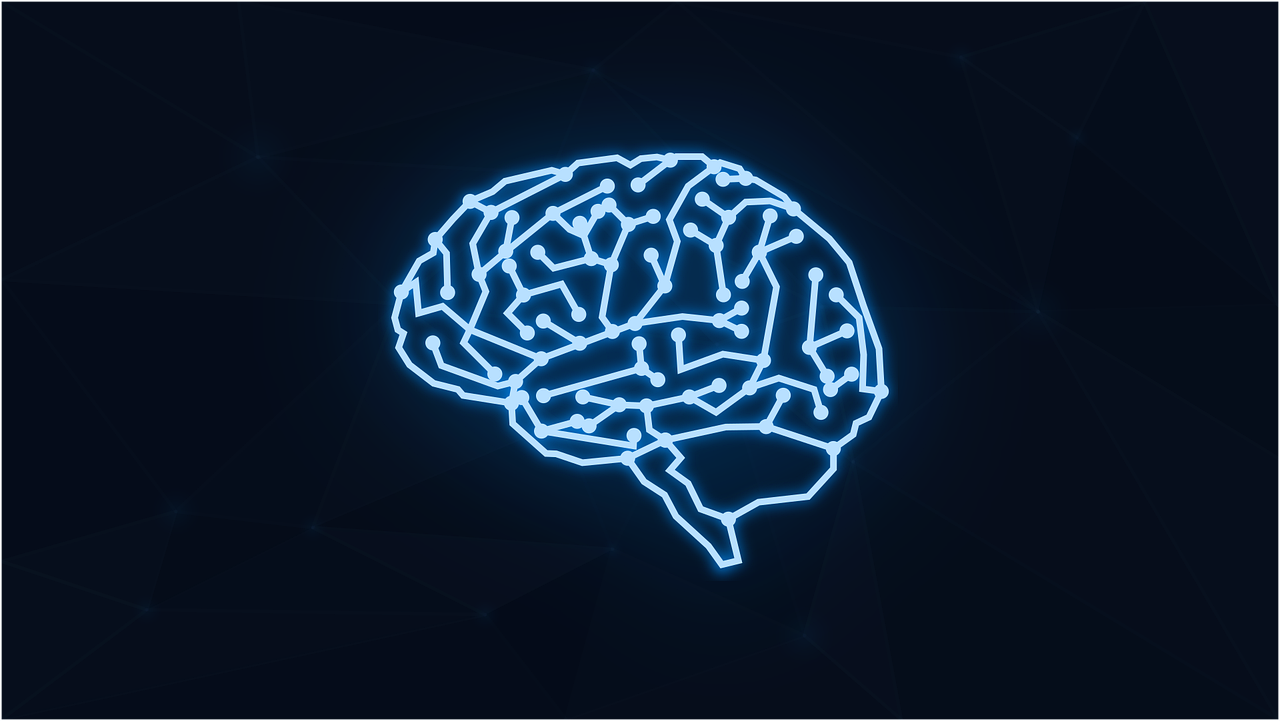FDA Grants RMAT Designation to CAR T Therapy for Incurable Pediatric Glioma
The B7-H3 CAR T-cell therapy showed positive survival results for younger patients with diffuse intrinsic pontine glioma in a phase 1 trial.
Locoregionally delivering targeted CAR T cells into the cerebrospinal fluid with an indwelling reservoir-catheter device improved survival results in pediatric and young adult patients with brain cancer.

The FDA has granted regenerative medicine advance therapy (RMAT) designation to BCB-276, an investigational B7-H3 autologous chimeric antigen receptor (CAR) T-cell therapy, for the treatment of diffuse intrinsic pontine glioma (DIPG), an incurable pediatric brain tumor, according to a press release from the developer, BrainChild Bio, Inc.1 The company also announced that they are advancing BCB-276 toward a biologics license application submission via a single, pivotal phase 2 trial planned for the fourth quarter of 2025.
The BCB-276 approach of locoregionally delivering targeted CAR T cells directly into the cerebrospinal fluid using an indwelling reservoir-catheter device was successfully implemented and tested in the phase 1 BrainChild-03 trial (NCT04185038). Results from arm C of the trial were recently published in Nature Medicine.2
In the trial, for all treated patients (n = 21), the median overall survival (OS) from initial CAR T-cell infusion was 10.7 months (range, 0.6-45.8) and the median OS from diagnosis was 19.8 months with patients alive at 44.6, 45.6, and 52.5 months (range, 6.5-52.5); the median interval between enrollment and initial CAR T-cell dose was 1.4 months (range, 1.0-4.4).
Via post hoc analyses, among patients who enrolled before disease progression (n = 9), the median OS following initial CAR T-cell infusion was 13.6 months (range, 2.8-45.8) and the median OS from diagnosis was 19.5 months (range, 7.6-52.5); all 3 patients who were still alive received treatment prior to disease progression. Patients who enrolled after progression (n = 12) had a median OS from initial CAR T-cell infusion of 9.4 months (range, 0.6-16.9) and a median OS from diagnosis of 20.1 months (range, 6.5-36.2).
“We are very pleased to now also receive RMAT designation less than 1 month after being granted breakthrough therapy designation from [the] FDA for our lead CAR T therapy, BCB-276, for the treatment of DIPG. Receiving designations from 2 independent reviews within [the] FDA further validates the positive CAR T clinical results achieved by our team to date and the urgent need for a treatment for DIPG,” said Michael Jensen, MD, founder and chief scientific officer of BrainChild Bio, in the press release.1 “Our team is keenly focused on initiating the pivotal phase 2 trial by the end of this year and looks forward to continuing to work with the FDA on an accelerated path forward to bring potential new CAR T treatments for [central nervous system] brain tumors in children and adults.”
Arm C of the trial enrolled a total of 23 pediatric and young adult patients with DIPG after standard radiotherapy to evaluate the feasibility, safety, and tolerability of intracerebroventricular (ICV) administration of B7-H3 CAR T-cell therapy. Eligible patients were aged 1 to 26 years with refractory or recurrent central nervous system disease for which there is no standard therapy or DIPG at any point following completion of standard therapy.3 Additionally, patients were able to enroll if they could tolerate apheresis, had a life expectancy of at least 8 weeks, had a Lansky or Karnofsky performance status of 60 or higher, and had adequate organ function.
Exclusion criteria included grade 3 or higher cardiac dysfunction or symptomatic arrhythmia requiring intervention, primary immunodeficiency/bone marrow failure syndrome, clinical and/or radiographic evidence of impending herniation, and any active malignancy other than the primary central nervous system tumor.
The median age of patients was 6 years (range, 2-22), 61% were female, and 52% had a Lansky or Karnofsky performance status of 90.2 Also, the median time from diagnosis to enrollment was 6 months (range, 3-22), 78% of patients had histopathologic or molecular confirmation of diffuse midline glioma, and 100% received prior radiation therapy.
Treatment in arm C consisted of ICV B7-H3 CAR T cells without prior lymphodepletion every 14 days over 8 weeks during the dose-limiting toxicity observation period. Patients were treated on 4 separate dose-escalation regimens: DR1, 1 x 107 CAR T cells per dose (n = 3); DR2, 2.5 x 107 cells per dose (n = 6); DR3, 5 x 107 cells per dose (n = 3); and DR4, 10 x 107 cells per dose (n = 6).
Regarding safety, the most common adverse events that were possibly, probably, or definitely attributable to CAR T-cell therapy included headache (81%), nausea or vomiting (81%), and fever (57%). It was noted that most events were grade 1 or 2, although a few patients experienced toxicities of grade 3; 1 patient experienced hydrocephalus of grade 3.
“It’s gratifying to see another important benchmark reached in our work to combat pediatric brain cancer. Our research is the foundation of progress to bring potential therapies to kids as fast as we can—and we’re excited about the possibilities afforded by this designation,” concluded Jeff Sperring, MD, CEO at Seattle Children’s Research Institute.1
References
- FDA grants regenerative medicine advanced therapy designation for BrainChild Bio’s B7-H3 CAR T-cell therapy for incurable pediatric brain tumors. News release. BrainChild Bio. May 15, 2025. Accessed May 16, 2025. https://tinyurl.com/49e7fyrx
- Vitanza NA, Ronsley R, Choe M, et al. Intracerebroventricular B7-H3-targeting CAR T cells for diffuse intrinsic pontine glioma: a phase 1 trial. Nat Med. 2025;31(3):861-868. doi:10.1038/s41591-024-03451-3
- Study of B7-H3-specific CAR T cell locoregional immunotherapy for diffuse intrinsic pontine glioma/diffuse midline glioma and recurrent or refractory pediatric central nervous system tumors. ClinicalTrials.gov. Updated April 25, 2025. Accessed May 16, 2025. https://tinyurl.com/3hcrefxp